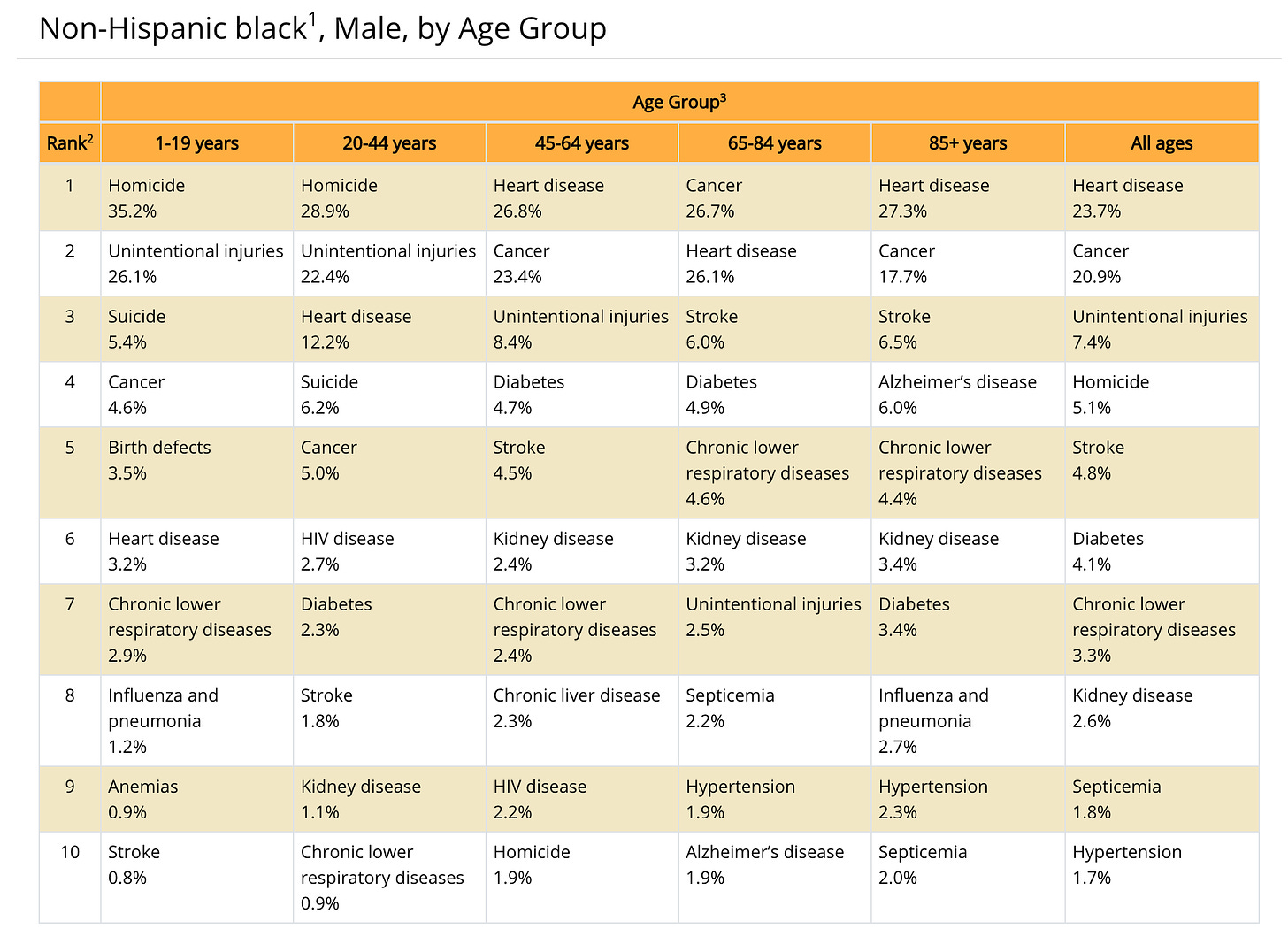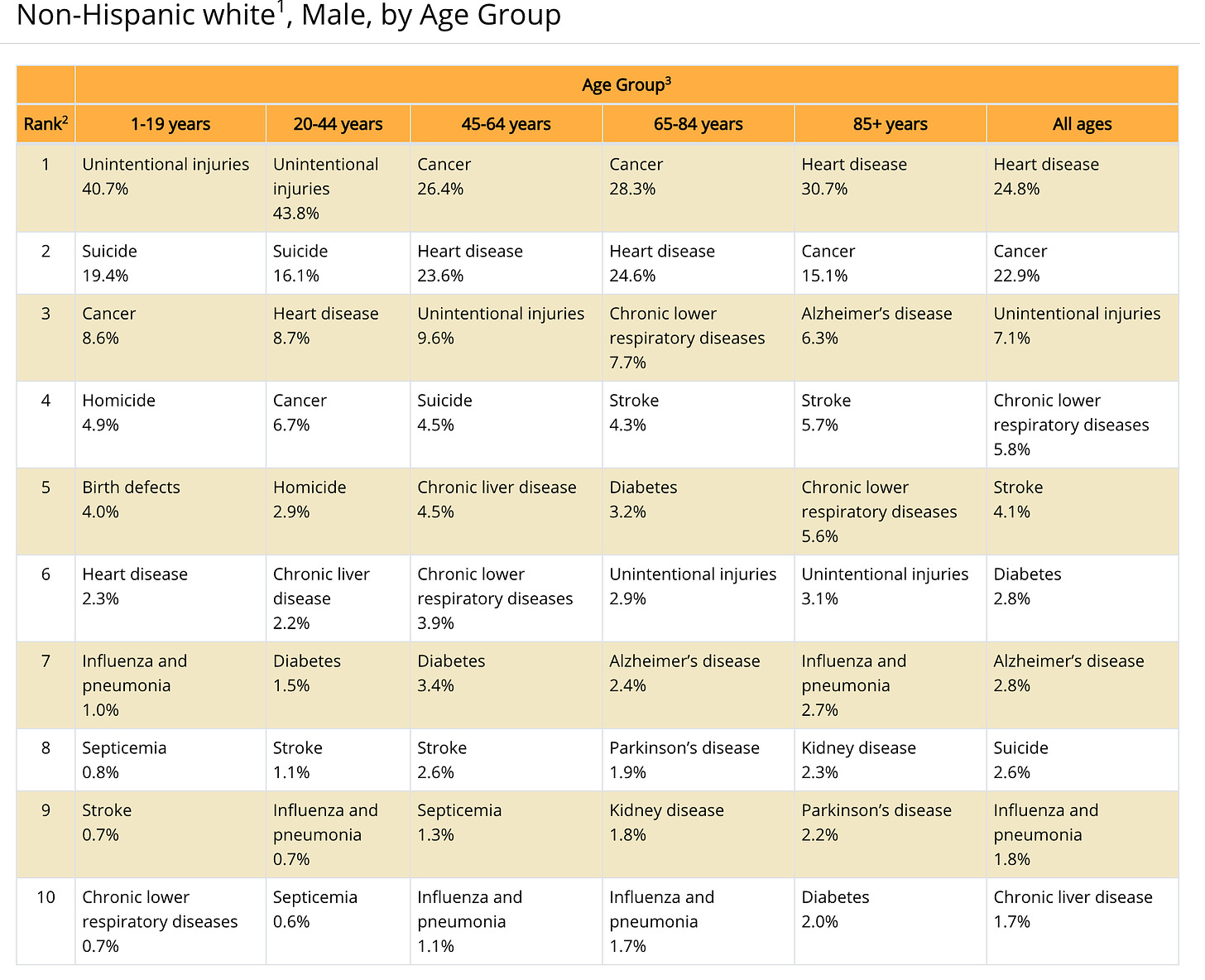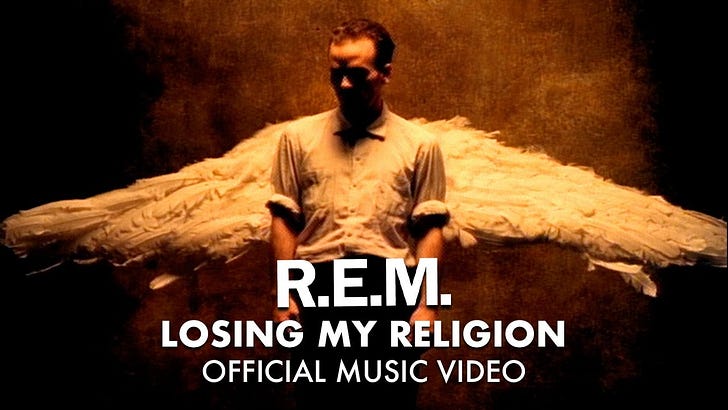Chapter 13: That's me in the spotlight
Losing my religion, Trying to keep up with you And I don't know if I can do it
Dear Friends, and elected leaders,
I have been rediscovering music I listened from an earlier age, a simpler age.
The song lyric referred to is from REM’s song “Losing my religion” which means losing one’s temper and civility. In these times, with one’s access to social media, with the polarisation in society and with effect of the pandemic, people are losing their civility.
This week we saw the murder of another black male a victim of police brutality. I will be covering this as the main sustainability piece this week.
Also we saw China impose new security laws on Hong Kong, which is worrying for the people. Will we see in our lifetimes an attempt to destabilise a world power.
The confinement is lifted in Mauritius, but around the world ideology not data is driving policy.
Personally I am back running and it feels great, it helps me think, remember and formulate.
I am still looking for input around resiliency.
Have a great week and stay safe my friends,
Nish
The sound of da police
Growing up in South London, Hip Hop music was common place, one of the biggest tunes to come out was “Sound of da Police” by KRS- One.
The song is account of brutality and oppression. Things have not changed.
To clarify I am not an expert in community relations, but what I am is a concerned citizen. Watching the footage of police officer calmly placing his knee on the victim’s back whilst he chokes evokes a reaction, a flood of social media posts, a number of articles. This is not a one off, but the latest name added to a list of black men. This issue has layers of complexity which I am not going to try and pretend to be an expert on. I don’t have solutions, I am hoping that elected officials, the key word being elected will set up commissions to investigate not only the use of force by the police, but also building trust in the police.
Below is the definition of “policing by consent” found at the following Home Office page.
To prevent crime and disorder, as an alternative to their repression by military force and severity of legal punishment.
To recognise always that the power of the police to fulfil their functions and duties is dependent on public approval of their existence, actions and behaviour and on their ability to secure and maintain public respect.
To recognise always that to secure and maintain the respect and approval of the public means also the securing of the willing co-operation of the public in the task of securing observance of laws.
To recognise always that the extent to which the co-operation of the public can be secured diminishes proportionately the necessity of the use of physical force and compulsion for achieving police objectives.
To seek and preserve public favour, not by pandering to public opinion; but by constantly demonstrating absolutely impartial service to law, in complete independence of policy, and without regard to the justice or injustice of the substance of individual laws, by ready offering of individual service and friendship to all members of the public without regard to their wealth or social standing, by ready exercise of courtesy and friendly good humour; and by ready offering of individual sacrifice in protecting and preserving life.
To use physical force only when the exercise of persuasion, advice and warning is found to be insufficient to obtain public co-operation to an extent necessary to secure observance of law or to restore order, and to use only the minimum degree of physical force which is necessary on any particular occasion for achieving a police objective.
To maintain at all times a relationship with the public that gives reality to the historic tradition that the police are the public and that the public are the police, the police being only members of the public who are paid to give full time attention to duties which are incumbent on every citizen in the interests of community welfare and existence.
To recognise always the need for strict adherence to police-executive functions, and to refrain from even seeming to usurp the powers of the judiciary of avenging individuals or the State, and of authoritatively judging guilt and punishing the guilty.
To recognise always that the test of police efficiency is the absence of crime and disorder, and not the visible evidence of police action in dealing with them.
Essentially, as explained by the notable police historian Charles Reith in his ‘New Study of Police History ‘in 1956, it was a philosophy of policing ‘unique in history and throughout the world because it derived not from fear but almost exclusively from public co-operation with the police, induced by them designedly by behaviour which secures and maintains for them the approval, respect and affection of the public’.’
It should be noted that it refers to the power of the police coming from the common consent of the public, as opposed to the power of the state. It does not mean the consent of an individual. No individual can chose to withdraw his or her consent from the police, or from a law.”
This is a system built with civil society in mind. Now I don’t know the stresses involved in being a police officer, but no one should live in fear from the police.
There is a clear racial divide in causes of death:


This has been done to illustrate a divide here. These stats were taken from the CDC in the US. There are structural issues which need addressing here. There are a multitude of reasons for this, and there is no one big change will solve this.
Increasing distrust, lack of equal access, and entrenched economic advantage is not sustainable. This is not just an American problem, this week we saw the clearance of squatters in a time of a confinement, those faces were not the mix of faces we see in Mauritian society, they were black. I don’t think this will be solved in my life time, but the work starts here. As businesses we need to look at this as well.
News:
Differing food cultures in chimpanzee society
Local acts of wildness - a thought for Mauritian society
Documentary recommendation:
I think documentaries are one of the most impactful art forms. They tell a story grounded in real life, involving real people. One of the things I miss about the UK is Storyville (a wonderfully curated collection of documentaries on the BBC), another reason to pay the license fee. Sergio is currently on Netflix at the moment, it is based on the book by Samantha Power, and a timely reminder that institutions built after World war II to keep the peace are now being eroded, instead of being evolved and strengthened.
About me
This is where I put annoying descriptors, but simply I like looking at problems, fixing them, and measuring success. Outside of this I love film, music and books. I can be found on twitter and instagram.


